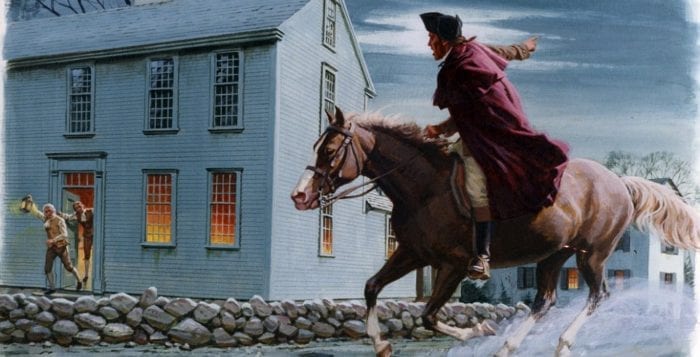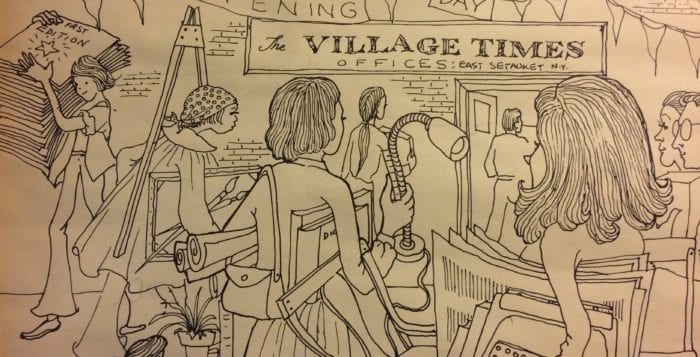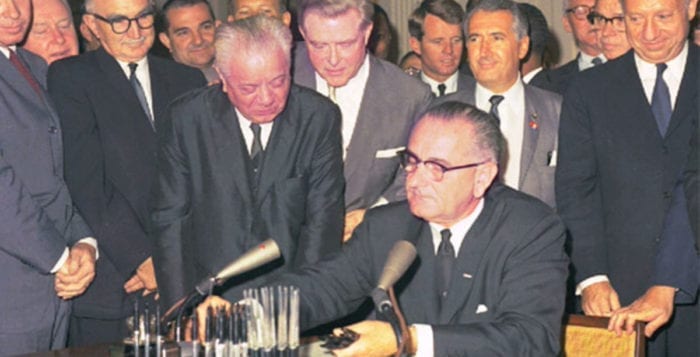By Daniel Dunaief

When we want to use a pronoun to refer to a deity, we use a capital letter out of respect, so that even if we’re writing about His will, we use the capital “H” in the middle of a sentence. For some, of course, the capital letter could also represent a female deity, as in, I thought I would get the job, but, apparently, She had other plans for me.
That’s so wonderfully deferential that it shows that only supreme beings merit such grammatical greatness.
But what about all the people we can’t stand, whose ideas are ruining our day or, gasp, our country?
We have long used symbols or faux letters, like an asterisk (*) to take the place of a letter or words we all know, so that we might write, “What the **** was he thinking when he cut me off for a parking spot at the supermarket?”
Nowadays, though, I think the politics of personal animus requires more than a few letter abbreviation or a casual dismissal. We need the equivalent of a literary eye roll, which can show a level of antipathy and disrespect befitting the lack of humanity, the utter depravity or the absolute inanity that defines someone’s actions or words that make us grind our teeth or snarl in frustration.
How about a super lower-case first letter of a pronoun, to make it clear that we don’t just disagree with someone, but we find that person so frustrating, evil, despicable, irritating and/or ridiculous that the person doesn’t merit a customary human pronoun? Perhaps we need a symbol that does the graffiti equivalent of writing that person’s name and spray painting an “X” or a thumbs-down sign over it.
Instead of referring to the person people either love, hate or love to hate, as he or him, we could use a diminutive placeholder for the personal pronoun, like *e seems poised to start another war to satisfy his ego, or *is idea so completely lacked substance that it’s hard to argue with *im when *e hasn’t read any intelligence reports.
On the other side, we might see a nemesis as unworthy of a typical pronoun, arguing that *he is preventing this great country from marching forward or *er ideas seem rooted in the word “no.”
But, of course, this doesn’t have to be limited to the power elite in Washington, D.C. It can refer to anyone, allowing us to alter the personal pronoun in a way that underscores our distaste for the idea, the person, or *is or *er actions.
Let’s say we’re watching a Little League game and a mother, father, grandparent or just random fan comes by and heckles an umpire. That seems so utterly absurd that, in the retelling, we might want to point out how *is words set the wrong example, or *he made me throw up in my mouth.
When we’re tapping out a text message to our friends, we might share our disgust that *he had the nerve to ask me if *er choice to date my best friend was OK.
We might realize that this person seemed eager to train *er dog to use my lawn as a bathroom or that *e was telling me how to live my life when *e apparently has no idea how to live *is.
These super lower-case pronouns can allow us to vent in code to our family and friends. We might suggest that *e is driving me crazy. If *e actually read the email or text, *e might have no idea that the subject of this diminutive pronoun is, in fact, *im.
















